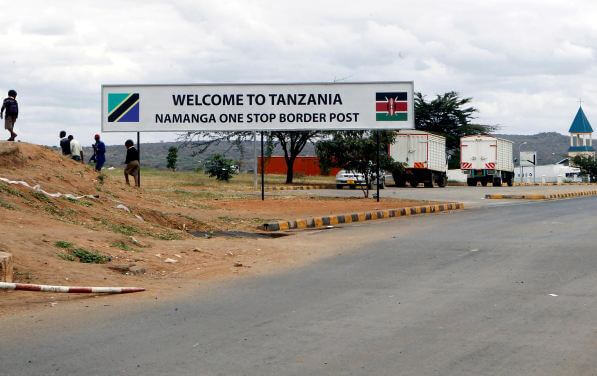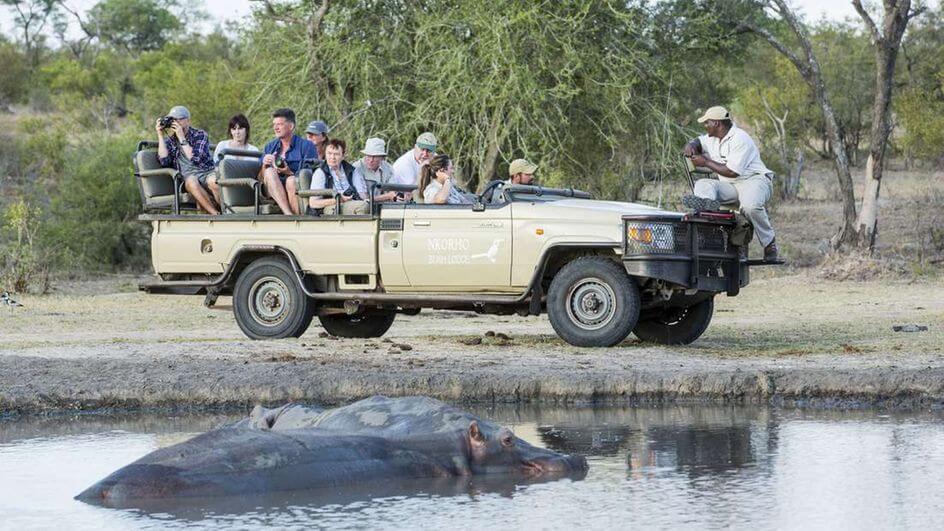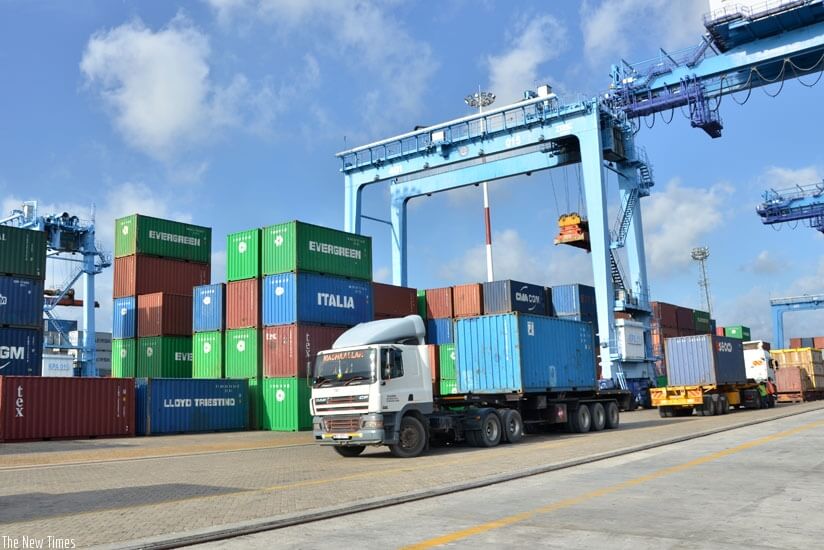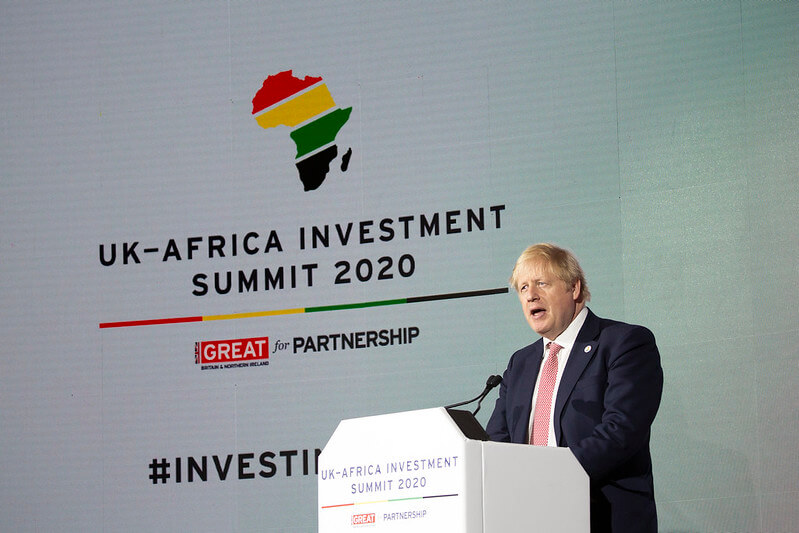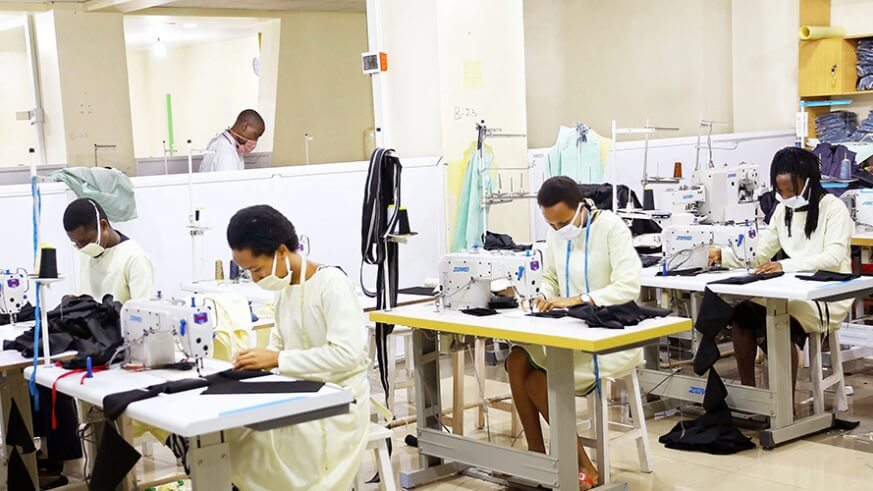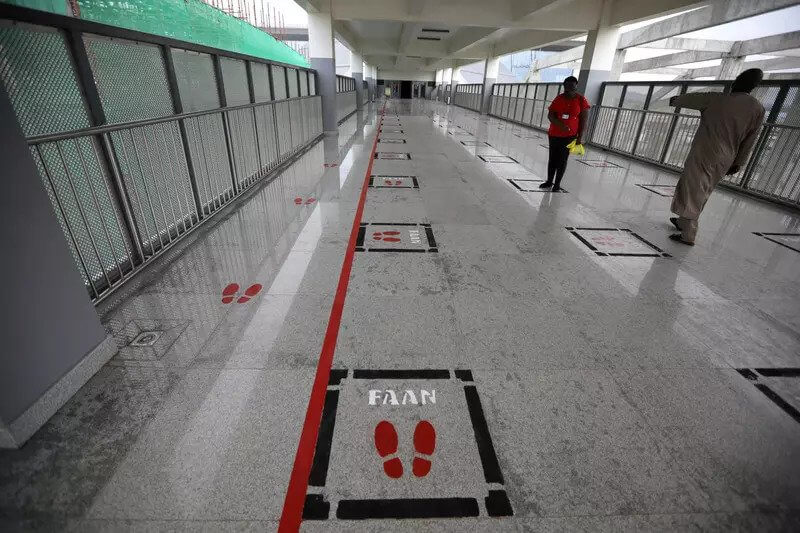Naftali Elude Mzota, a driver for the Impala Shuttle Company in Tanzania, has been driving between Tanzania and Kenya for over 23 years. Asked about the difficulties of crossing the border, Mzota sighs. “Customs clearance used to be a real challenge here, because there were two borders. You had to go through at the Tanzanian immigration office, and then repeat the exercise on the Kenyan side. It used to take between one and a half and two hours,” he said, smiling. “That’s all changed now. When passengers arrive, it doesn’t matter which side they come from, a single checkpoint does all the administration and they are able to carry on across the border.” The land border between these two East African countries, now has just a single border post. This project, the One-Stop Border Post, was set up at Namanga, a town of 16,000 inhabitants that straddles Longido District in Tanzania and Kenya’s Kajiado County in Kenya. By cutting the crossing time to a maximum of half an hour, the One-Stop Border Post project has boosted trade and tourism between Kenya and Tanzania. To set up the border post, the African Development Bank in 2007 approved $185 million in funding, of which $108 million went to Kenya and $77 million to Tanzania. The Bank co-financed the project with Japan International Cooperation Agency. “Thanks to the new crossing point, road traffic has increased,” said Edward Wilson Lyimo, the owner for more than 20 years of a hotel on the Tanzanian side...
Tanzania-Kenya one-stop border post signals East Africa’s integration potential
Posted on: July 22, 2020
Posted on: July 22, 2020

